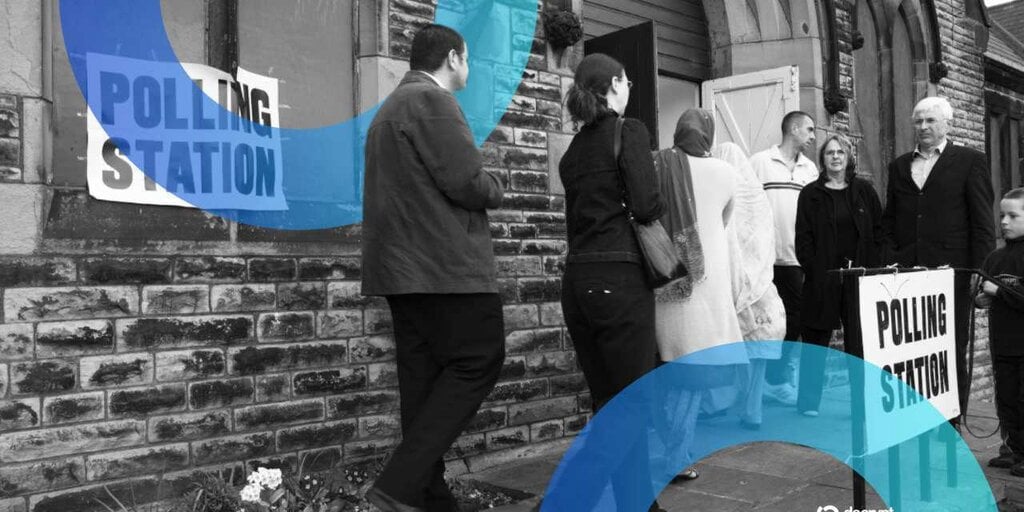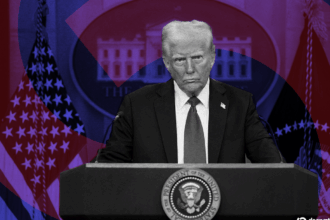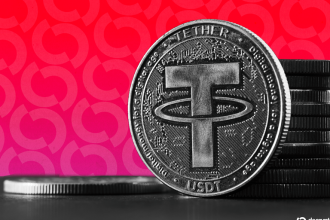UK Crypto Donation Ban Suggested by Labour MP AmidPolitical Donations Tensions
PUBLISHED: [Insert Date]
By [Your Name/Reporter Name]
Labour lawmaker Pat McFadden, a key ally of UK Prime Minister Keir Starmer, has proposed that the UK consider banning political donations paid in cryptocurrency, following Reform UK’s move to become the first party in Britain to accept such payments.
Cryptocurrency Adoption in UK Politics: An Early Move and Political Response
The suggestion comes two months after Reform UK, led by Nigel Farage, announced it would accept cryptocurrency donations—an unprecedented move in the UK political landscape.
Call for Ban
Member of Parliament Pat McFadden argued that crypto donations pose a risk of facilitating “illicit or foreign money funding campaigns,” specifically citing concerns about “dark money, hidden money, and foreign profits.” McFadden, who serves as the Cabinet Office minister, told MPs: “If we want to clean up politics, we must root out the dark money… That means banning cryptocurrency donations.”
Political Rhetoric?
However, Ian Taylor, a board advisor for the digital asset advocacy group Crypto UK, dismissed McFadden’s call as an “absolutely” political strategy meant to counter Reform UK’s rising popularity. McFadden, a close confidant of Starmer, is seen by critics as potentially attempting to discredit the opposition party gaining traction.
Reform UK’s Crypto Framework
Reform UK has stated its cryptocurrency donations require Know Your Customer (KYC) checks, similar to standard financial procedures for larger sums (
Taylor acknowledged the theoretical transparency potential of cryptocurrency, stating, “It’s on a public chain, and we have tools to be able to identify the sender and the history of the particular crypto asset,” and arguing robust tracking and recovery mechanisms exist.
Illustrating Political Concerns Elsewhere
Similar concerns regarding foreign influence via cryptocurrency have surfaced elsewhere, such as the U.S., where lawmakers demanded an ethics investigation into President Donald Trump’s potential meetings with holders of a popular meme coin, fearing anonymous donations could circumvent campaign finance rules.
“An Issue That Doesn’t Exist”
Taylor reinforced his argument that McFadden’s proposal likely lacks substantiation, pointing out the absence of significant crypto donations to date. Refuting the claim that such donations are rife with “dark money,” Taylor stated, “Where are the numbers? How much actual crypto has been donated to any party? I would argue zero,” implying the move is a party political tactic rather than a substantive policy response.
Reform UK, recognized as a significant political force despite its small party status following its electoral gains, stands out as the UK’s first political party formally accepting cryptocurrency donations. Its growing support appears to be prompting moves from established parties.











